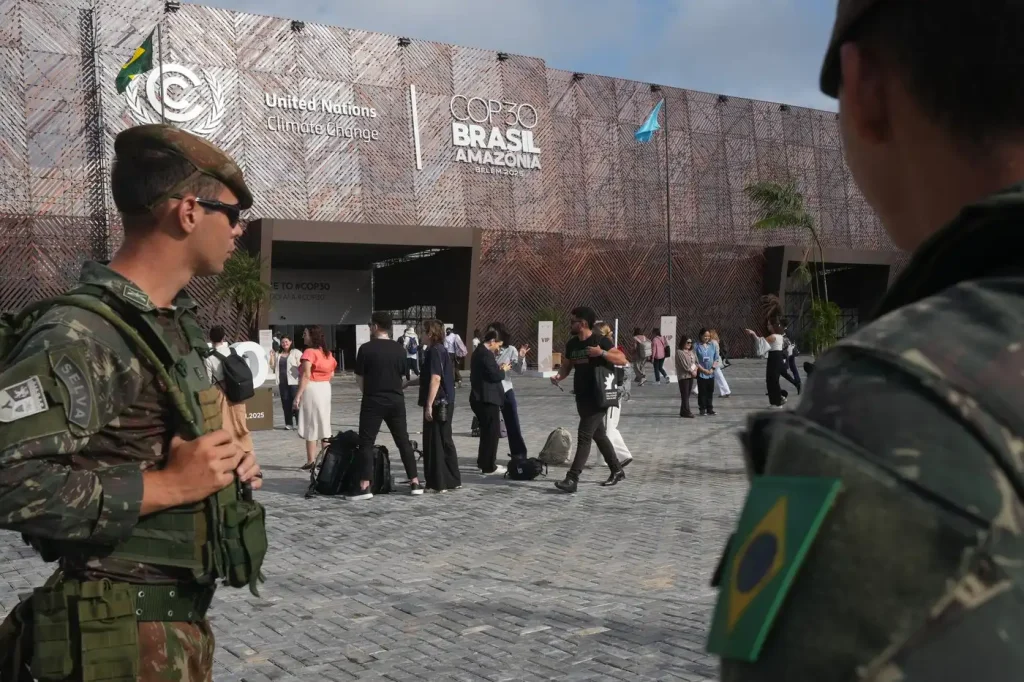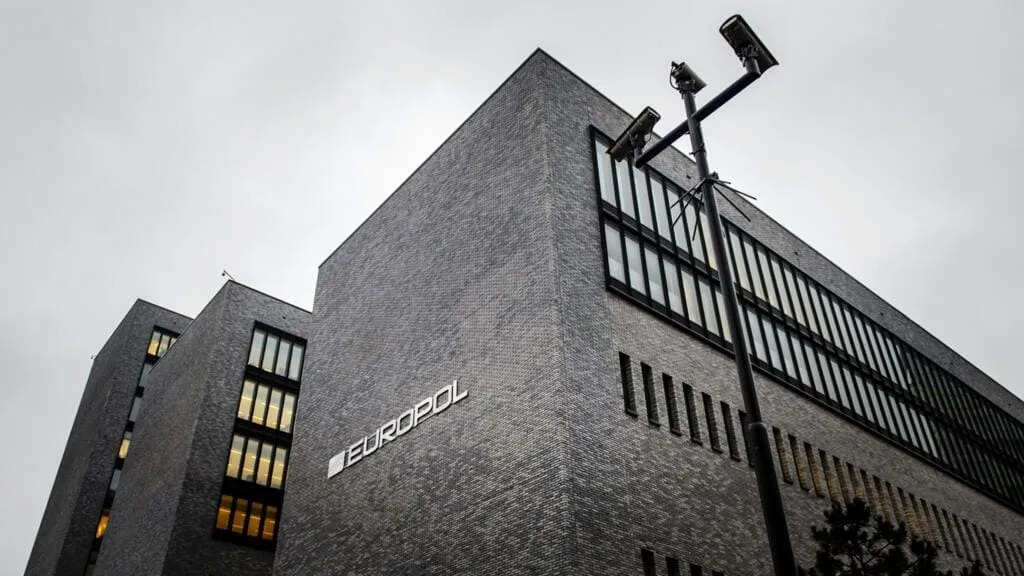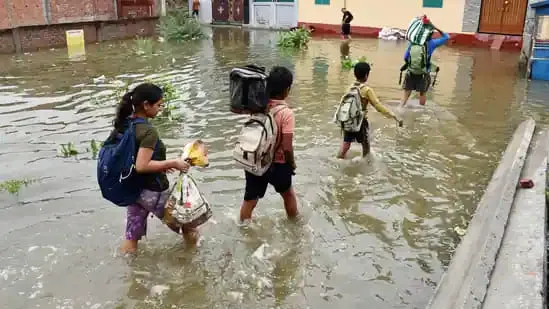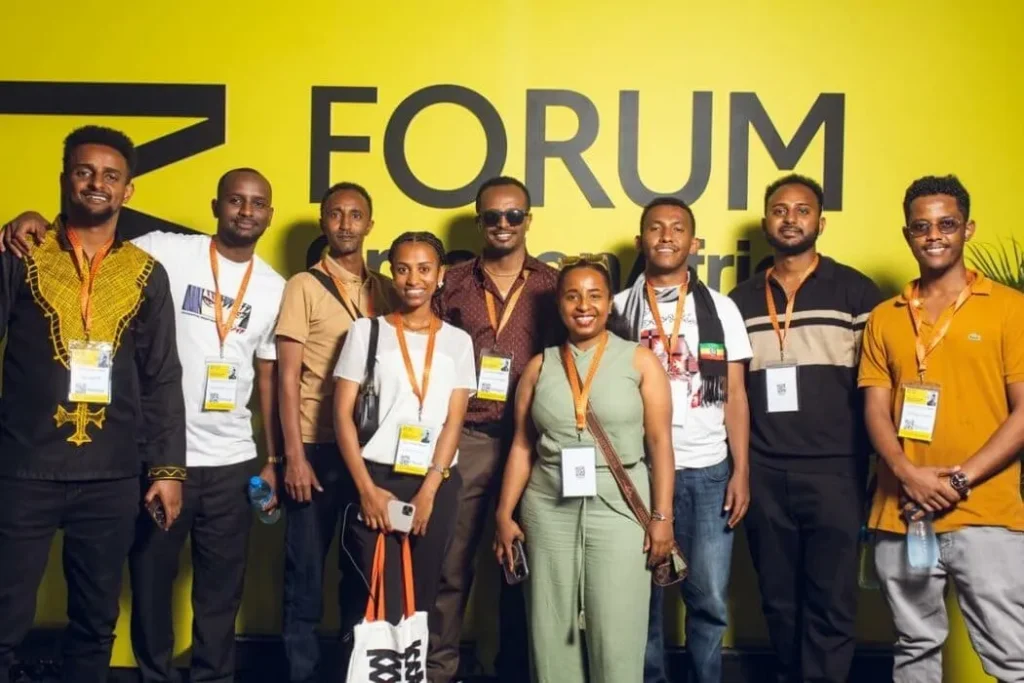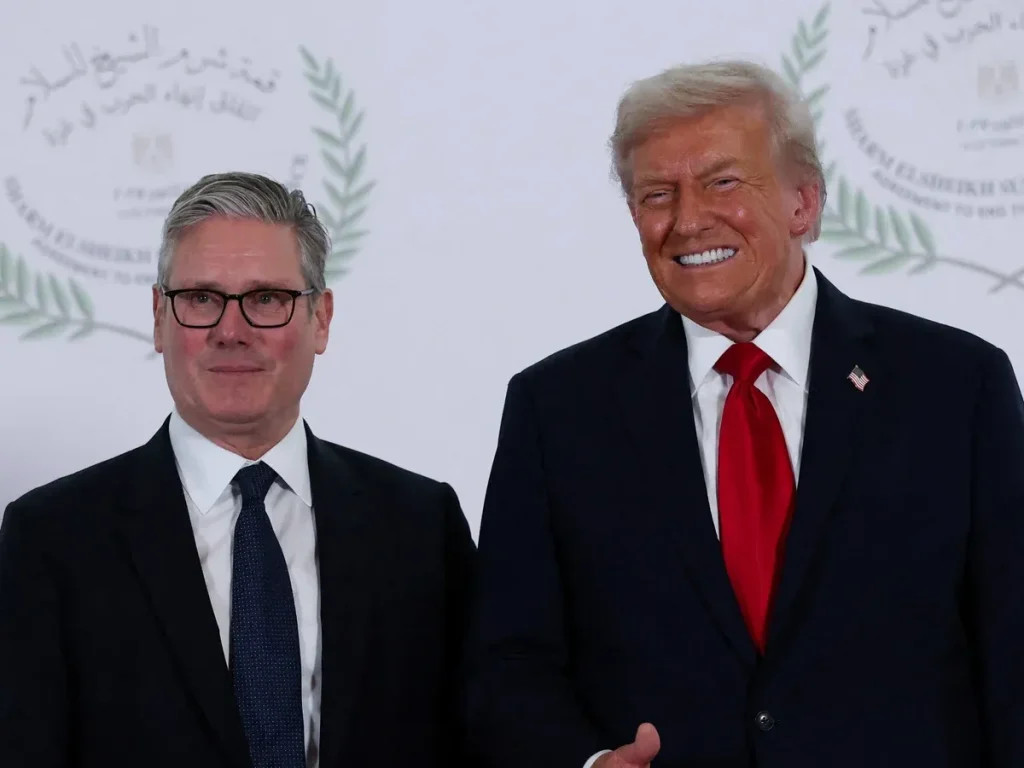Brazilian President Luiz Inácio Lula da Silva has joined the diplomatic talks at the COP30 summit. On Wednesday, he met with key negotiators in Belem. His goal is to secure an early agreement on divisive issues like fossil fuels and climate finance.
Delegates from nearly 200 nations have gathered in the Amazonian city. They aim to increase global action to limit climate change. However, the summit faces a challenge. The United States, historically the top greenhouse gas emitter, is absent.
Racing Against the Clock
Host nation Brazil wants to break a habit. Recent climate summits have run well past their deadlines. Therefore, the presidency wants to endorse a package of initial agreements by Wednesday. They plan to leave outstanding issues for Friday.
However, this timeline faces hurdles. The release of new negotiating texts has been delayed. This signals that deep rifts remain regarding global warming solutions.
The presidency intended to release a fresh draft early Wednesday. Yet, announcements stalled well into the afternoon. Negotiators described the talks as “tough.”
The Fossil Fuel Divide
A central point of friction is the transition away from fossil fuels. Brazil and 80 other nations want a concrete roadmap. This would implement the 2023 agreement to move away from hydrocarbons.
However, the proposal has met stiff resistance. Brazil’s COP30 President, Andre Correa do Lago, admitted that several nations have rejected the idea.
“We’ve Got Blockers” Island nations are concerned. Ralph Regenvanu, the Climate Minister for Vanuatu, identified Saudi Arabia as a primary opponent.
“I think it’s going to be difficult,” Regenvanu stated. “We’ve got blockers.”
Tina Stege, the climate envoy for the Marshall Islands, agreed. She noted that vulnerable nations must “fight tooth and nail.”
Conversely, the private sector supports the move. A coalition of 100 organizations, including Volvo and Unilever, has petitioned the COP30 presidency. They argue that a roadmap is essential for business planning.
The Finance Gap
The summit is also grappling with climate finance. Negotiators are struggling to decide how wealthy nations will fund the clean energy transition in poorer countries.
Additionally, there is the critical “emissions gap.” This is the difference between promised cuts and the actual reductions needed. Furthermore, plans for a UN-backed global carbon market have hit a snag. Governments continue to dispute the necessary funding mechanisms.
Developing nations demand a strong outcome.
“We want ambition on finance,” said Jiwoh Abdulai, Sierra Leone’s Climate Minister. “We want to ensure that we live on a path that is sustainable for future generations.”
Solemn Farewell: Tanzanian Hostage’s Remains Returned to Israel

